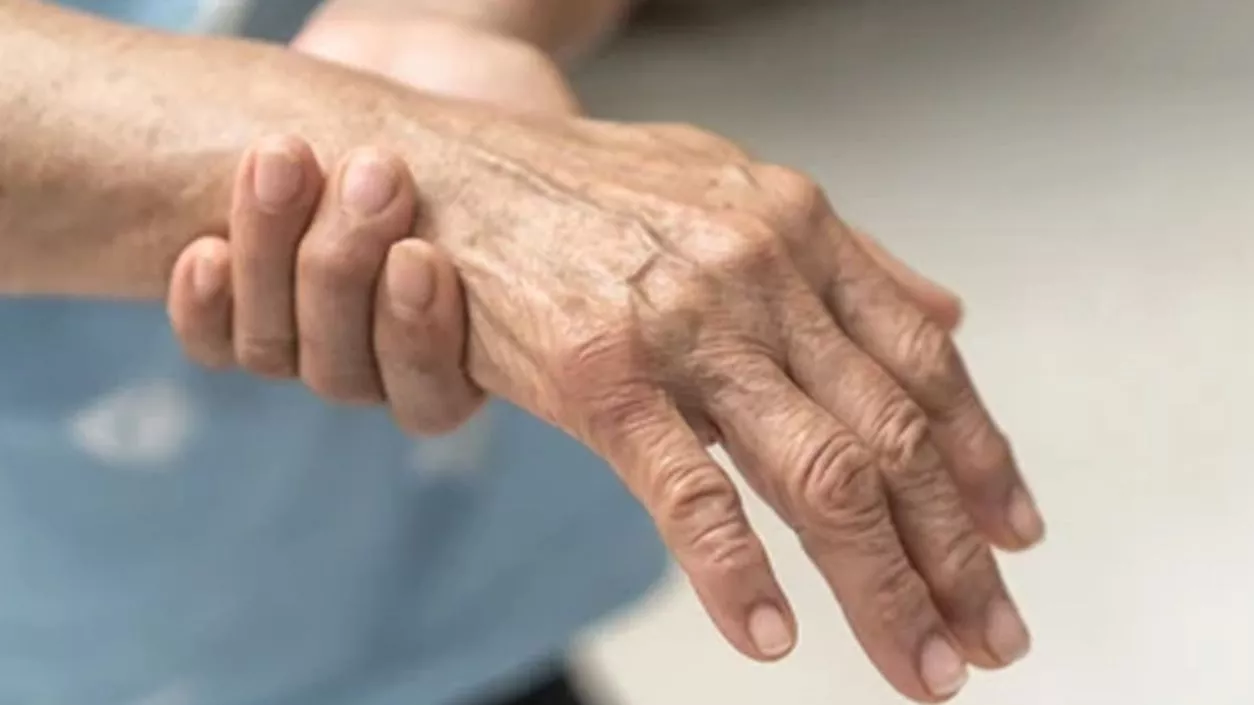Gopal Khemka Murder: Police guns down weapon supplier in an encounter
.gif)
.gif)

Maharashtra is currently experiencing a rise in Guillain-Barre Syndrome (GBS) cases, with 163 suspected cases and 127 confirmed cases across various districts. The latest surge includes five new cases detected in Pune. So far, five deaths have been reported as a result of GBS in the state, though no new fatalities were confirmed in the latest update. The state health department has increased its focus on investigating the cause of the increase in cases, which has raised public health concerns.
GBS is a rare neurological disorder in which the body's immune system attacks peripheral nerves, leading to symptoms such as muscle weakness, loss of sensation, and, in severe cases, near-total paralysis. The disorder often follows an infection, and most of the patients in this outbreak had experienced acute gastroenteritis or acute respiratory illnesses before the onset of GBS symptoms. Health officials are closely monitoring the progress of the affected individuals and coordinating with hospitals across the region.
Of the 163 suspected GBS cases, the distribution includes 32 from Pune city, 86 from newly added villages within Pune Municipal Corporation (PMC) limits, 18 from Pimpri Chinchwad, 19 from Pune rural areas, and eight from other districts. As of the latest reports, 47 patients have been discharged, 47 remain in intensive care units (ICU), and 21 are on ventilator support. Health authorities are maintaining vigilance as the numbers continue to rise.
To investigate the potential cause of the outbreak, the state health department sent 168 water samples from various locations within Pune for chemical and biological testing at the Public Health Laboratory. The analysis revealed contamination in samples from eight water sources across the city, which has raised concerns regarding the possibility of waterborne pathogens contributing to the GBS surge. Investigations into the potential link between contaminated water and GBS are ongoing.
A rapid response team (RRT) has been formed by the state health department to focus on the affected regions, concentrating particularly on the clusters of suspected and confirmed cases. The RRT is working in collaboration with local health officials and taking steps to control the spread of the disorder. The Union Ministry of Health and Family Welfare has set up a high-level multidisciplinary team to evaluate the situation and is expected to issue new guidelines for public health interventions and the management of the GBS outbreak.